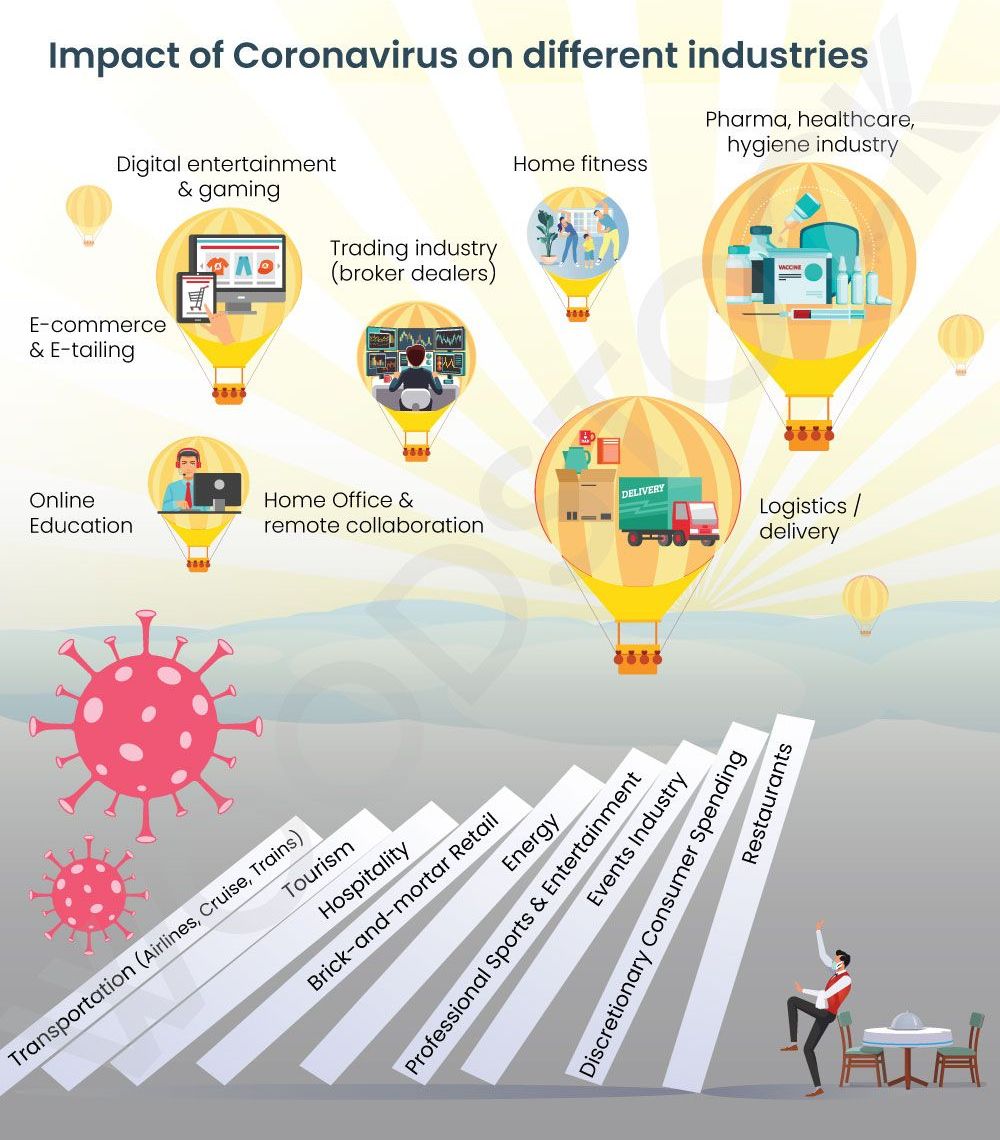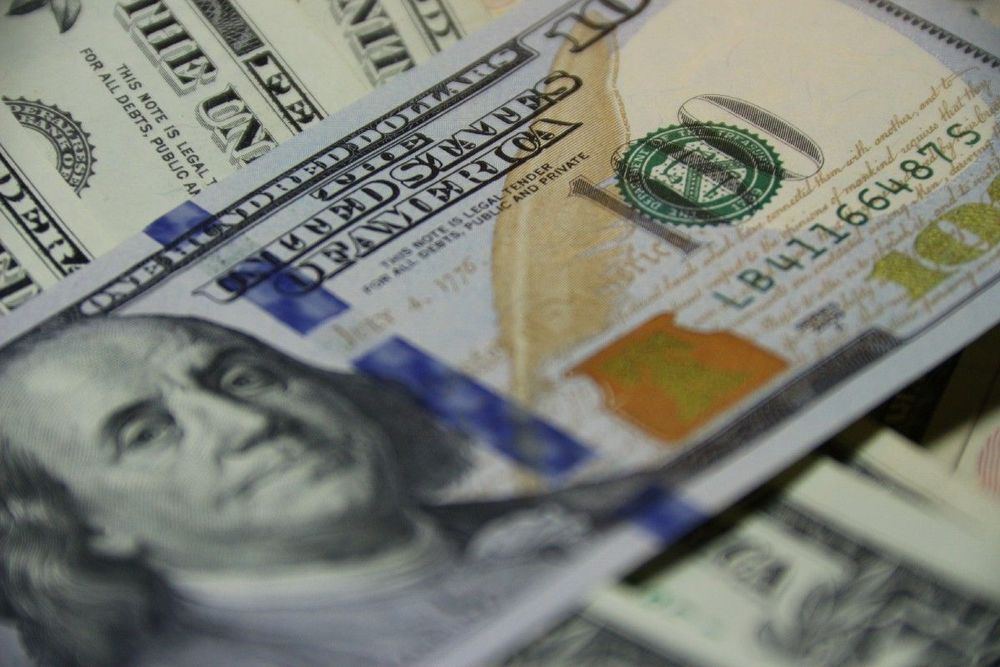May 18, 2020
Researchers on DARPA’s Brandeis Program Enhance Privacy Protections for Android Applications
Posted by Saúl Morales Rodriguéz in categories: finance, mobile phones
From navigation to remote banking, mobile device users rely on a variety of applications to streamline daily tasks, communicate, and dramatically increase productivity. While exceedingly useful, the ecosystem of third-party applications utilizes a number of sensors – microphones, GPS, pedometers, cameras – and user interactions to collect data used to enable functionality. Troves of sensitive personal data about users are accessible to these applications and as defense and commercial mobile device users become increasingly reliant on the technology, there are growing concerns around the challenge this creates for preserving user privacy.
Under DARPA’s Brandeis program, a team of researchers led by Two Six Labs and Raytheon BBN Technologies have developed a platform called Privacy Enhancements for Android (PE for Android) to explore more expressive concepts in regulating access to private information on mobile devices. PE for Android seeks to create an extensible privacy system that abstracts away the details of various privacy-preserving technologies, allowing application developers to utilize state-of-the-art privacy techniques, such as secure multi-party computation and differential privacy, without knowledge of their underlying esoteric technologies. Importantly, PE for Android allows mobile device users to take ownership of their private information by presenting them with more intuitive controls and permission enforcement options.
The researchers behind PE for Android today released a white paper detailing the platform’s capabilities and functionality, and published an open source release of its code to GitHub. In open sourcing PE for Android, the researchers aim to make it easier for the open-source Android community and researchers to employ enhanced privacy-preserving technologies within Android apps while also encouraging them to help address the platform’s current limitations and build upon its initial efforts.
















